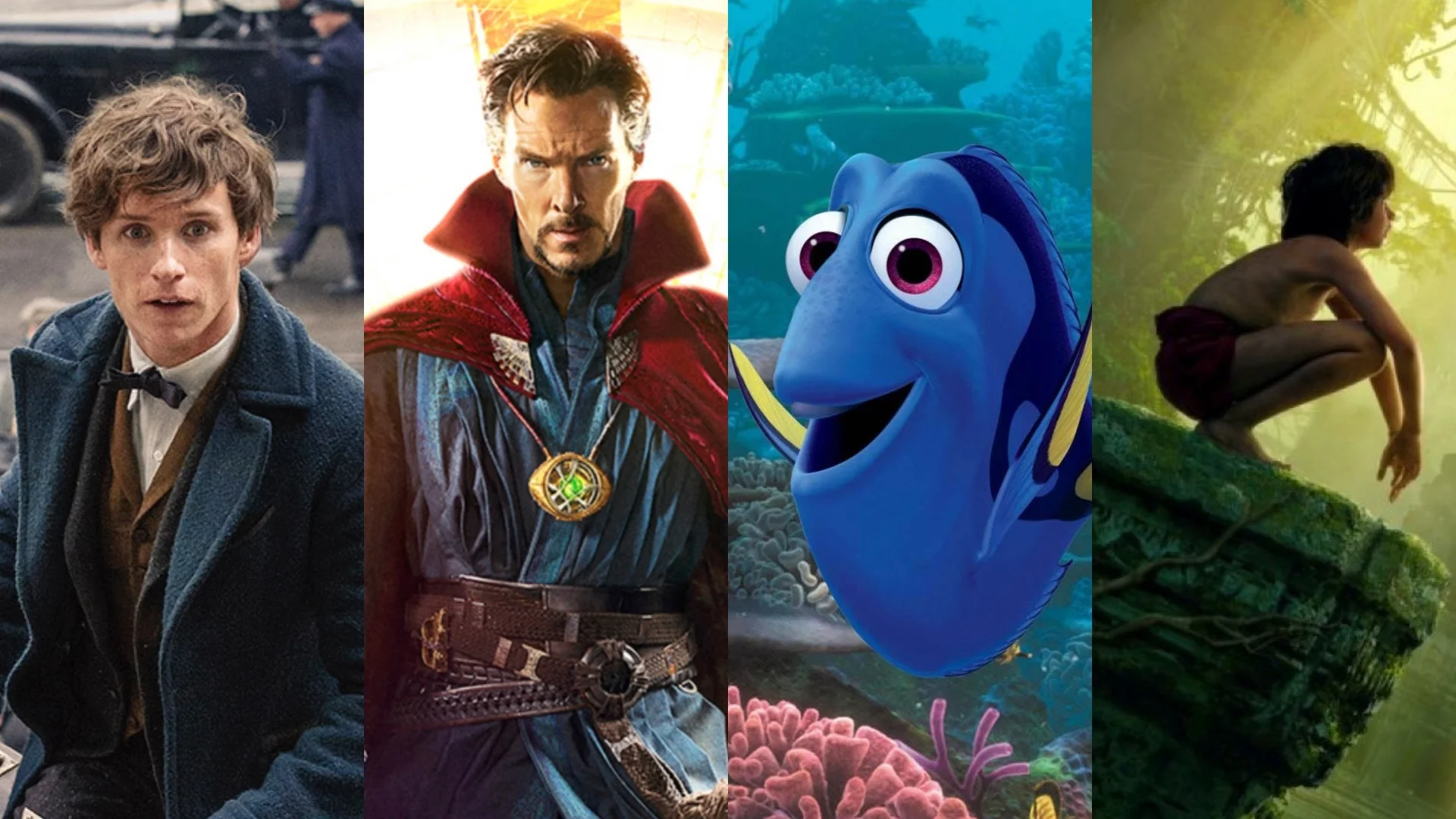The Noirvember Files: Coup de Torchon
What happens when you transplant a genre? Will the affecting factors be a result of cultural ethics, political climate, historical relevance, or do directors and writers get the creative itch to delve into neo-noir as a pure flight of fancy?
Indecipherable director Bertrand Tavernier takes Tim Johnson’s crime novel 'Pop. 1280' from the dusty West Texas of 1910 to the French West Africa of 1938. Crafted long after the traditional noir period of the forties and fifties, in the shadow of Melville’s philosophical stoic gangster heists, and the madcap mashups from enfants terrible Godard, Coup de Torchon is hard to place in the conversation of film noir and French cinema. Perhaps that’s what makes it so damn irresistible?
Dark characters and misanthropy usually characterize film noir, along with desperate people in desperation, insidious plots, and deceptive schemes. So when you enter a movie like Coup de Torchon (or Clean Slate as it was advertised in the West), the allegorical thrust is enough to induce whiplash once the proverbial dots are connected.
Shot in Senegal, this sunbleached noir is an aplomb with immorality contradictions, cruelty, ironies (and cruel ironies) both thematic and literal, with as many conventions that play with and against the noir themes with free flowing harmony. Sad, funny, beautiful, nasty and mean, Coup de Torchon is like jazz played backward for upside down ears, tuned to the frequency of playful bitterness.
Philippe Noiret is an ineffectual law enforcer of a small West African Village, who on the eve of World War II reveals a dark side of cunning power over his peers by manipulating his title to achieve his desires. Which of course includes murder, framing people for his various deeds, adopting a mistress (played by the consistently spellbinding Isabelle Huppert) and later, killing her husband. It's hard to believe that his character is constantly bullied by his fellow countrymen.
Abuse of power and killing for lust are all commonalities in the land of film noir, but Tavernier’s direction pulls the strings of this morality play in every which direction. While dehumanization amid the stench of colonialism sounds like a tiresome analogous territory, the proceedings are energetic and playful. There’s barely an ounce of redeeming social value to the characters, but you hang on their every action because the cast is miraculous in bringing these philosophically dimensional (or dubious) beings to life. Huppert is icily bewitching, Stephane Audran is comically nasty, and at the center is Noiret as the oafish, but calculating Sheriff Lucien Cordier, a character who’s unpredictably charming.
Tavernier’s direction is unguarded but safe, in that his artful instincts never sabotage the earthy gravitas of a film noir as political allegory. These components on their own don’t sound like much, but when you do that math of what seems like an impossible equation, the answer is the realization of the greater evil that is the setting all around them; a “holy shit” moment if there ever was one.




